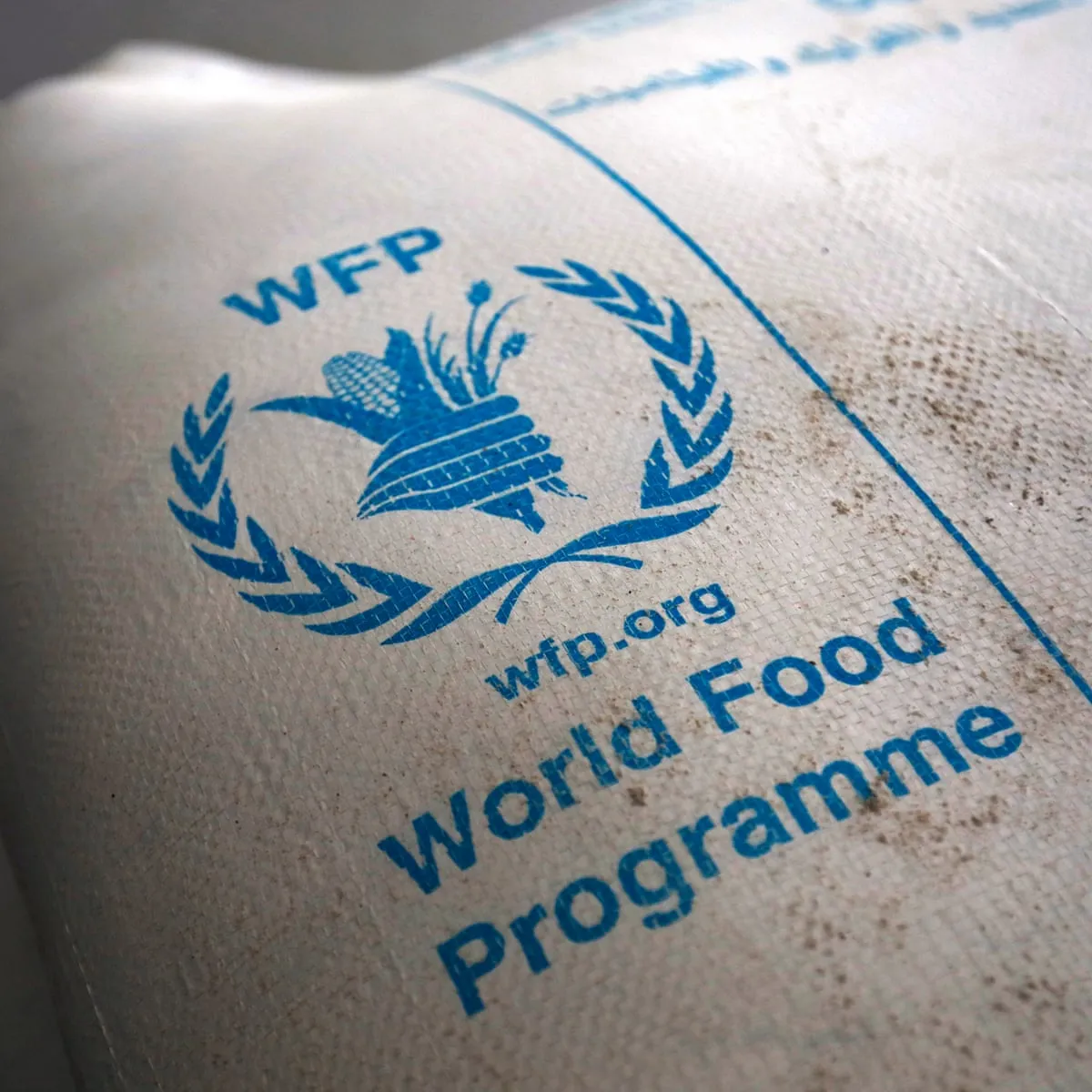A surge in refugees fleeing violence in the Democratic Republic of the Congo (DRC) has placed severe strain on the World Food Programme’s (WFP) food assistance efforts in Burundi, forcing the agency to reduce rations amid funding shortages.
Since January 2025, nearly 70,000 people, mostly women, children and the elderly have crossed into Burundi, many making dangerous river crossings and walking long distances to seek safety. The influx, the largest in decades, continues to grow daily. Conflict in eastern DRC is also driving displacement into neighboring Rwanda, Uganda, and Tanzania, worsening hunger across the region.
“Refugees are arriving every day, some weighed down with hastily packed bundles and suitcases, and others with nothing but the clothes on their backs,” said Dragica Pajevic, WFP’s deputy regional director for eastern Africa, who is in Burundi supporting operations.
“The number of refugees has doubled in just a few weeks, but funding has not kept pace. Our available resources are stretched beyond capacity, and we are being forced to adapt our operations and reduce rations to reach as many people as possible,” she said.
Of the 70,000 new arrivals, 60,000 have been registered for food assistance, doubling WFP’s refugee caseload in Burundi to 120,000. The agency is providing hot meals to newly arrived Congolese refugees housed in temporary transit camps, schools, churches, and sports stadiums. Meanwhile, food rations for long-term refugees, distributed as a mix of in-kind food and cash were cut from 75% to 50% in March to stretch resources.
WFP currently has funding to sustain operations for 120,000 refugees only through June. Without additional financial support, it warns that food assistance could be suspended entirely by July or sooner if refugee arrivals continue at the current rate. The agency urgently needs $19.8 million to maintain food support for the most vulnerable through the end of the year.

